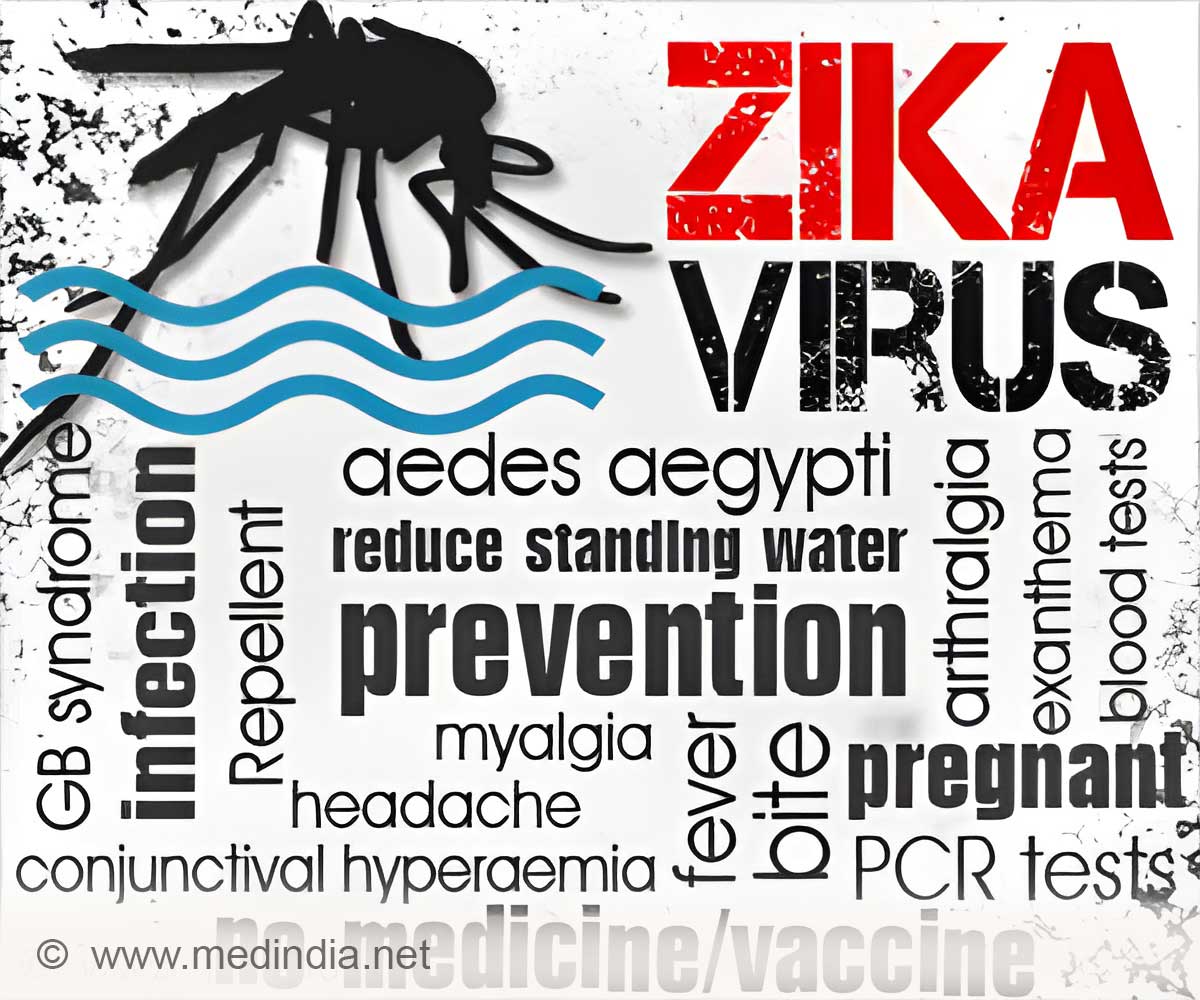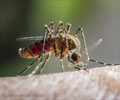Randomly selected samples were clustered within the Asian genotype suggesting the virus was possibly introduced during the VI World Sprint Championship.

‘Zika virus was circulating in Rio de Janeiro at least five months before its detection was announced by the health authorities.’





The researchers also raised new concerns about the potential for an even worse Zika outbreak during this summer's Olympic Games in Rio, saying many of those studied did not remember being bitten by mosquitoes and that transmission of Zika infection in clusters of people appeared to be commonplace. "At this point, health services must be alerted to the potential for an even larger epidemic during the summer of 2015?2016 spreading to additional locations and affecting the susceptible proportion of the population that was not exposed during the last transmission season," the study warned.
Zika virus is strongly suspected to be behind a surge in microcephaly, a birth defect in which babies are born with unusually small heads, although a definitive link between microcephaly and Zika has not yet been proven.
Brazil has seen thousands of suspected cases. While still "speculative," 10 randomly selected samples were "clustered within the Asian genotype," suggesting the virus "was possibly introduced to Rio de Janeiro during the VI World Sprint Championship canoe race in August 2014," the study said.
The race included teams from the Pacific countries of French Polynesia, New Caledonia, Cook Islands and Easter Island, where the virus was present in 2014.
Advertisement
- Challenge to 'northeast' theory -
Advertisement
"Our findings have demonstrated that Zika virus was circulating in Rio de Janeiro at least five months before its detection was announced by the health authorities," said the study, led by Patricia Brasil of the Oswaldo Cruz Foundation in Rio de Janeiro.
Since Zika is related to viruses that cause dengue fever and chikungunya, and some symptoms can be similar, researchers relied on blood samples available from 262 of the patients to test for the virus.
They confirmed Zika in 119 of the samples. None of those tested had traveled recently, confirming that the infections had been caught locally. Eleven percent of the cases were diagnosed prior to May 2015, when the virus was first reported in northeast Brazil. That challenges the theory that the virus entered Brazil from the northeast before spreading to the rest of the country, researchers said.
- Itchy symptoms -
Itchy skin was the second most commonly reported symptom -- present in 79 percent of patients with a confirmed Zika infection -- and the problem lasted for several days.
Currently, itchiness is not listed among the official symptoms of Zika, but it should be added by the Pan American Health Organization (PAHO), researchers urged.
While fever and rash are formally considered symptoms of Zika, only about one third of confirmed patients recalled experiencing a brief fever at the start of their infection.
Nearly all the patients had a rash. Other frequent symptoms were exhaustion, headache and joint pain.
Although experts say Zika is primarily transmitted by mosquitoes, just 38 percent of patients remembered having been bitten.
One quarter of confirmed cases came from households where more than one person was infected, suggesting that either mosquito density was very high, or that the virus was passing from person to person, perhaps via sexual contact.
Source-AFP











